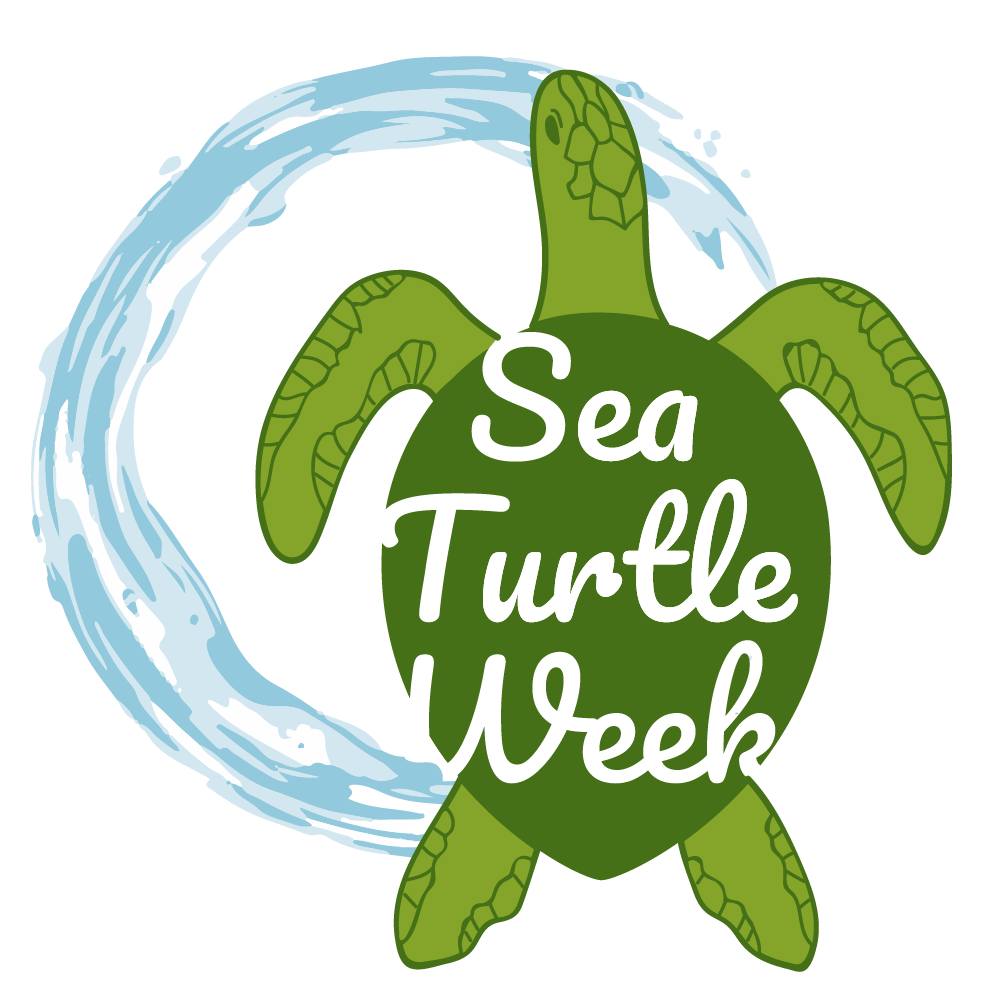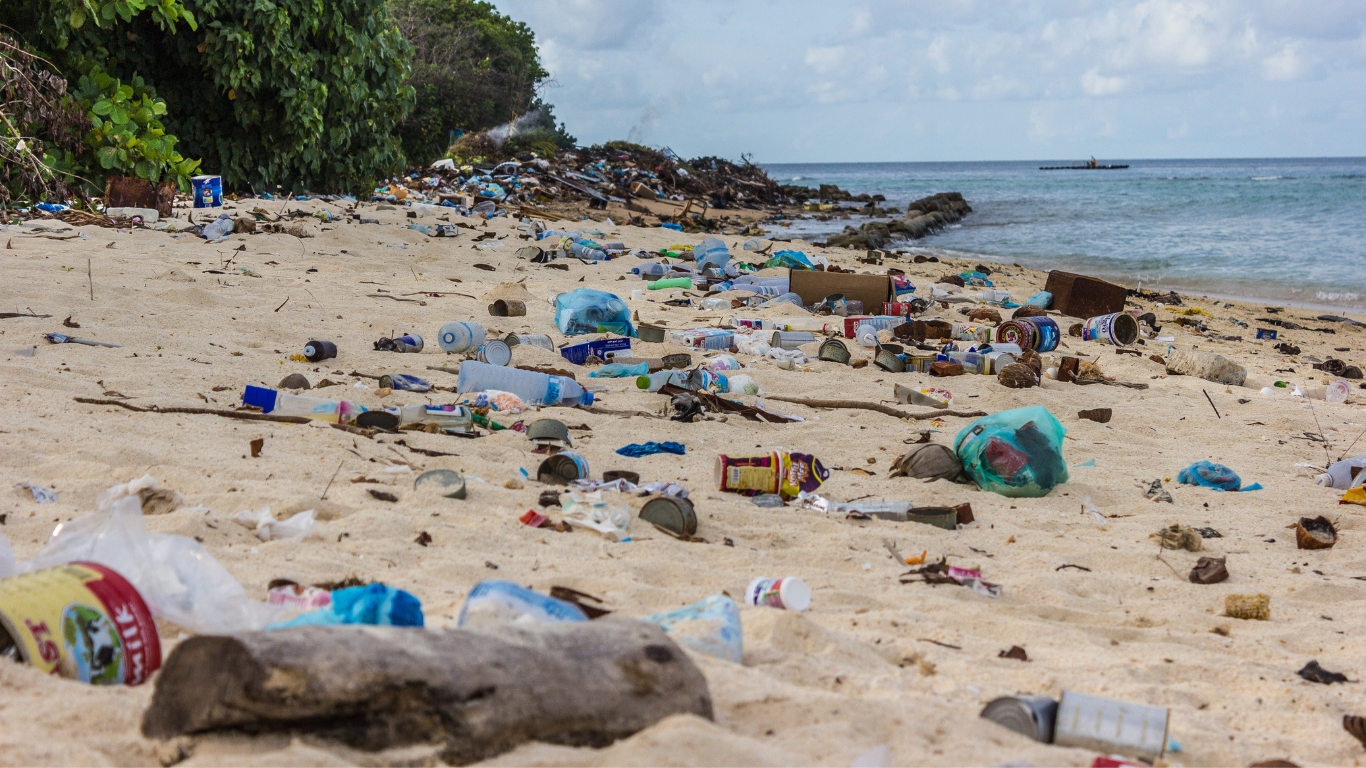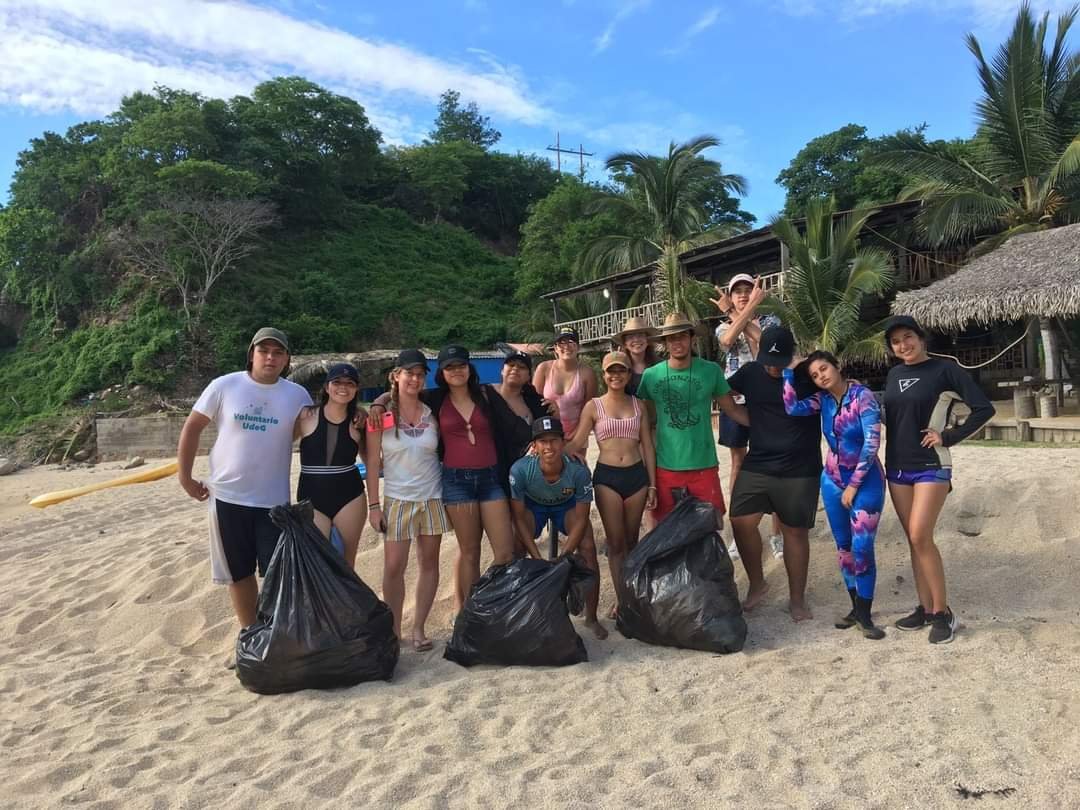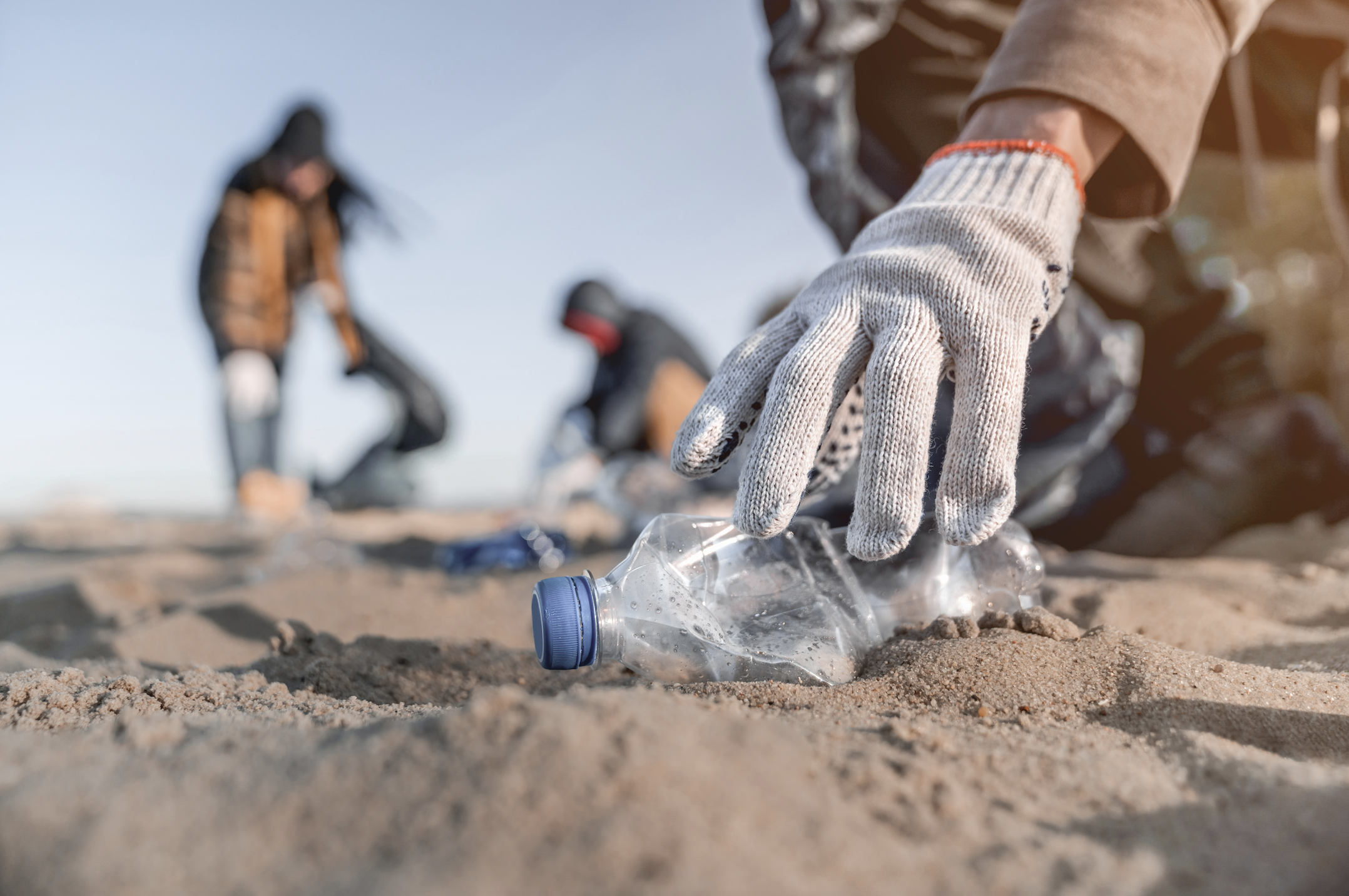Ready to organize your own cleanup?
We’ve put together a list of supplies and things to consider before you get started.
Pick a Location
Identify beaches or waterways in your area that could be cleaned and that are safe and accessible. Contact the local parks agency that oversees the cleanup location to make sure you have the necessary permission to be there. Come up with a plan to dispose of the trash and recyclables you collect properly.
Visit the site in advance of the cleanup date to determine:
Where to set up a check-in station
Where to leave bags of trash and recyclables
What areas volunteers will clean
Photo: Campamento Tortuguero Mayto
Contact Your Crew
Encourage friends, family and colleagues to get involved and help organize the cleanup.
Create a work event or a Facebook event so interested volunteers can RSVP and you can easily communicate with attendees.
Spread the word through email, social media and e-invites.
Print and post flyers in your area.
Gather Supplies
Determine what kinds of supplies you will need, such as:
Work gloves for volunteers (or ask volunteers bring a pair of gloves with them)
Water cooler with enough water to keep volunteers properly hydrated, especially in warm temperatures (or remind volunteers to bring their own that you have a water filling station for)
First-aid kit for minor cuts and scrapes
Depending on weather, sunscreen and bug spray may be needed
Trash bags (or request your volunteers bring reusable containers, like buckets)
Sign-in sheet to record the number of participants and enable you to contact them later with thanks and photos
Download and print our trash collection data sheet
Pens or pencils
Clipboards
Hand sanitizer or wipes are nice to have available for volunteers after the cleanup
Optional: If you have a fish or a luggage scale (a scale with a hook) at home, you can use it to weigh the trash you collect.
Be Safe!
Photo: Carteret Big Sweep
In many areas, the COVID-19 pandemic is still underway. Check your local area for transmission rates and outbreaks. Wear a mask to protect yourself and others. If you think you may have been exposed to COVID-19 in the days leading up to your planned cleanup of any size, DO NOT take part in the cleanup.
Picking up trash can be messy and dangerous. Be sure to wear gloves throughout the entire cleanup. Thicker gloved like those used for gardening and construction will protect you from things like glass.
Know the area. Sometimes the messiest beach areas aren’t the safest. Be alert to your surroundings and only clean up trash during daylight hours.
When visiting the site, look for natural and man-made safety hazards, such as rocky areas, highly variable tides, poisonous plants, high-speed roads, power lines, etc. If necessary, inform your volunteers that they may need to dress accordingly, such as wearing long pants or closed-toed shoes.
Review what to do in case of a health emergency (heat exhaustion or heatstroke, broken bone, etc.) and find out whether any of your volunteers have medical training or know basic first aid.
Photo: Juara Turtle Project
Have a Plan for Trash Disposal
Make sure to have labeled bins with explanations of what items can go where. Tape signs to bins for “Compost,” “Recycling,” and “Landfill”. You can sort the debris you collect and the waste generated during the event. This is a great educational moment for volunteers!
Recycle: Be aware of what items your local recycling receptacle accepts and be sure to sort any items collected or used during the event to be recycled. This may include plastic, metal, or glass items.
Compost: Perhaps a volunteer has a compost bin at home or your municipality has a compost system in place. Collect organic materials such as food scraps and paper in this bin to be used in the future (if organics are left in landfills, it can interact with waste and generate immediate combustion of methane, a greenhouse gas over 100x more damaging than carbon dioxide).
Liquids: Sort out liquids so they don’t get sent to landfills (Find a disposal site near you)
Potentially hazardous materials: Check with your local municipality to see what can be done with batteries, electronics, tires and even paint.
Landfill: Any items that are not recycled, composted or disposed of in another way should be sent to the landfill.
Report Your Results
We want to know how much trash you collected? If you know how many pounds or kilos you picked up, great! If you know how many trash bags you filled, fantastic! Use our pollution collection form to fill in whatever data you collected. The more data, the better! Sharing your collection data with us will help us know how much of the world’s oceans we cleaned up this year.









